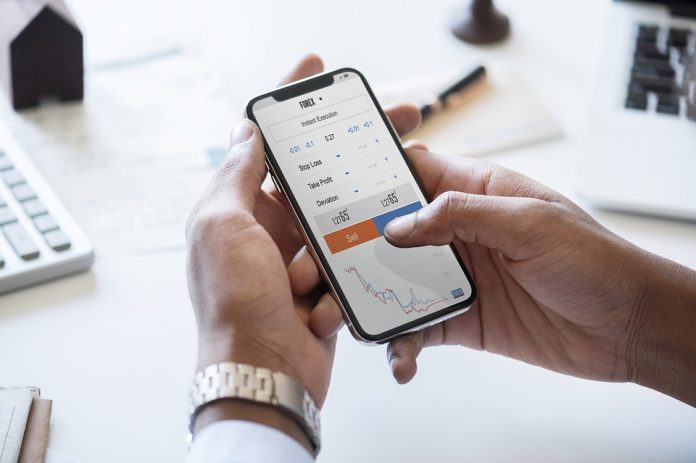There are several ways to trade stocks online which can potentially lead to a profitable track record. Prior to pulling the trigger, you should be aware of the many nuances of stock trading before you decide to risk your hard-earned capital. Individual shares can move in tandem with the broader averages, such as the Dow Industrials and the Nasdaq 100, but many shares beat their own drum, and new information about company performance, such as earnings results or product approval, can generate significant volatility. Before you pull the trigger, understand what you are purchasing. This will help you generate the most efficient returns.
There are several ways to derive exposure to the share markets. You can purchase stocks, through a stock broker, or you can trade shares that mimic the exposure through a forex broker, such as IFOREX. There are pros and cons of each opportunity, which will help you drive your trading decision.
Where to Buy and Sell Shares
Forex brokers provide you with exposure to the change in price of specific stocks. Stock brokers allow you to purchase the shares. This allows you to receive dividends that the company pays, as well as with voting rights when the company makes decisions regarding their board. If you trade via a forex broker, you will not enjoy these benefits.
When you purchase shares through a stock broker, you have two choices on how to purchase shares. If you do not have a margin account, you need to pay for your share/s upfront. For example, if you wanted to purchase 1 share of Amazon, you would need to have the actual cost of the share in your account before making the transaction.
This lies in sharp contrast to the margin that is provided by forex brokers who offer contracts for differences (CFDs) to help you speculate on the direction of stocks. In many cases, a forex broker will provide customers with a margin up to 20 to 1. This means that for every share of Amazon you would like to own, you might only need to deposit an amount that equals a fraction of the actual amount of money in your account. A CFD differs from a share in that you are responsible for the difference in the price when you purchase the shares relative to the price when you sell the shares. One of the downsides of CFD trading is that you will not receive a dividend if the company pays one.
Volatility
Individual shares can be very volatile, especially ahead of and following their earnings releases. Most companies report their financial results once a quarter, depending on the requirements of the regulating body that oversees the company. An example of a regulatory body is the U.S. Securities and Exchange Commission. Following the release of earnings reports, stock prices can be extremely volatile-especially if the results are better than expected or worse than expected.
Stocks can provide investors with substantial returns as well. There a several ways to trade stocks and numerous brokers that will provide you with access online. Make sure you are aware of the risks involved with trading stocks before you pull the trigger.
Find a Home-Based Business to Start-Up >>> Hundreds of Business Listings.

















































